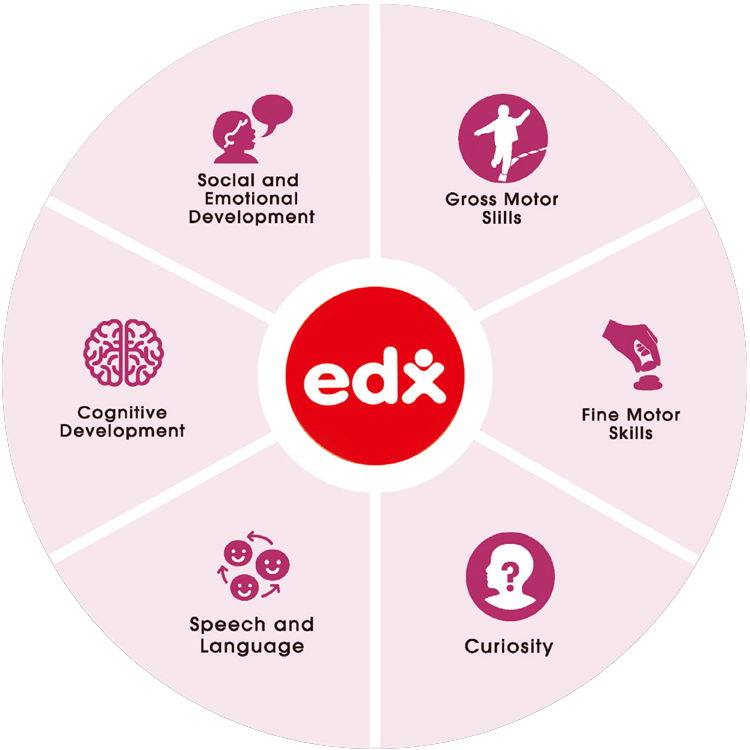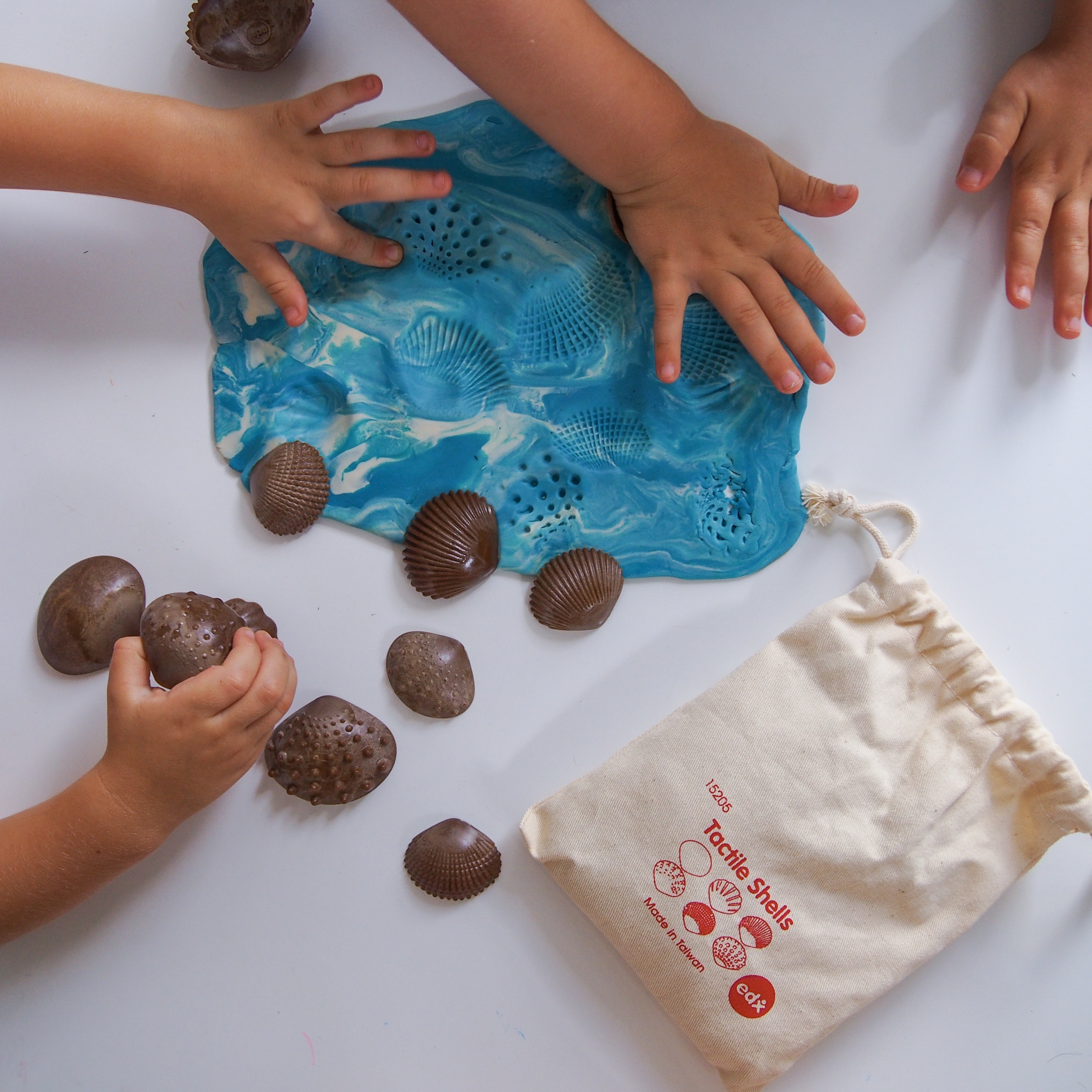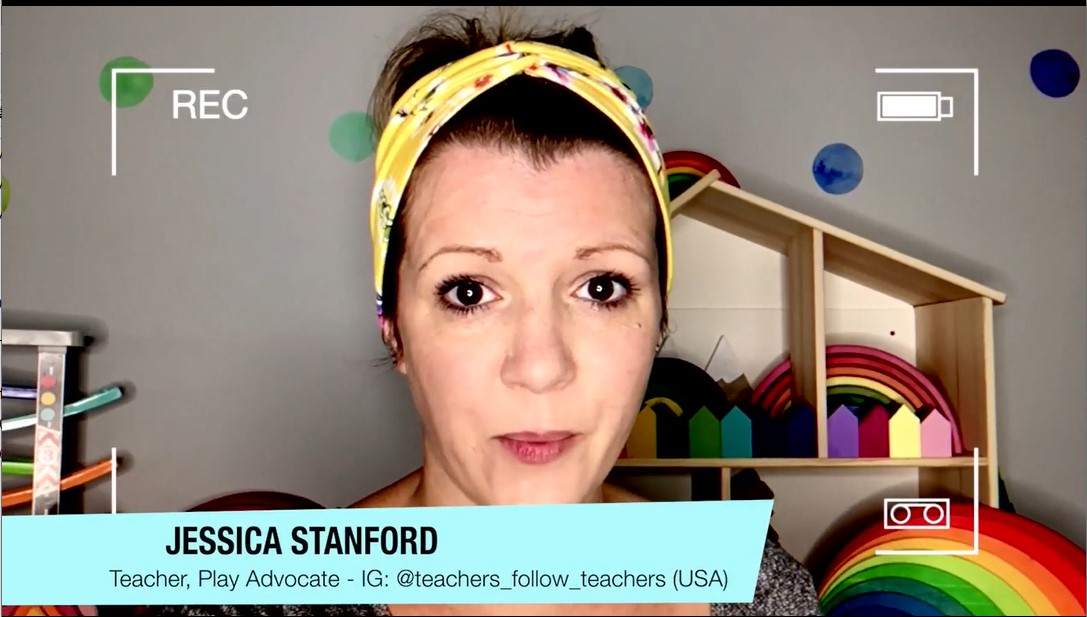Children’s foundation skills are developed through. What’s more fun than the freedom of running,
balancing on one foot, jumping up and downplaying with blocks, or other open-ended toys with your
friends or by yourself.
Educators have identified many types of valuable play for little ones, from “Quiet and Creative “to “Social and Active”, all of which are encapsulated in these fun activities below. It may be child’s play, but it can have a ripple effect on young imaginations.
Key development areas for children in the early years are.
As seen in the diagram.
Here are 7 activities for you to do at home with your little ones to encourage them to Play and Learn or as we like to say ‘Learning through Play’
1. Messy Play
Children love to use their senses and get messy, using sand, water or just messy play exploring, developing fine motor control through play, exciting the senses through messy play.
Try pouring water through a sieve, making bubbles with dishwashing liquid, using shaving foam, making sandcastles or even just being curious with messy play, minimal structure just free play (with adult supervision).
2. Play Dough
Encourage your child to play, squeeze, manipulate and use their hands with play dough. (Make it at home, here is a recipe) . Using play dough with a child’s hands uses all the different fine motor skills and builds coordination and confidence for a child.
3. Open-ended toys
Toys with endless opportunities like building blocks and rainbow pebbles can spark children’s imagination to create different animals, use in small world play, learn to count, develop speech and language. They can be stacked, sorted by colour and size and used to make fun pictures, among other activities.
4. Handy helpers
Involve your toddler in what you are doing is a great way for them to learn about the world around them. Tasks that you class as mundane, like hoovering or cooking tea, are fascinating for them.
5. Words and numbers
As well as learning life skills at home ,you can ignite a passion for letters and numbers. Counting games can be incorporated into almost anything, anytime and by keeping it playful you minimize any anxiety around getting things wrong a few times before getting them right.
Like-wise letters, children are currently taught them alphabet with the use of phonics, the goal of this technique is to enable early readers to decode written words by sounding them out and blending the sound-spelling patterns together.
6. Singing
Lullabies and nursery rhymes have been childhood soundtracks for years, and with good reason. If you don’t know any nursery rhymes make up a song about your children’s day.
As well as being soothing and mood altering, music is a great way to develop language and listening skills.
7. Story time
Reading to your child is great for lots of reason, developing listening skills, instilling a love of books, and good for bonding too. Though independent reading is still some way off, your child will memorize favorite stories and ‘read along’ with you. Books with rhythm and repetition is particularly good for this.
Children may find it frustrating the first time they start a new activity. Persist, the more time they have to explore, the more advanced they will become with their fine/gross motor skills, balance, coordination and many more.
Many play advocates from around the globe have been sharing their expertise about ‘Learning Through Play’ , let’s hear from our global Play Advocates.
Let’s move away from technology in the early years and build our children’s foundation skills ready to be a lifelong learner through play.
Encourage your child to use their imagination, become curious about the world, explore their surroundings, be active and Learn through play.





 edx education
edx education edx education
edx education